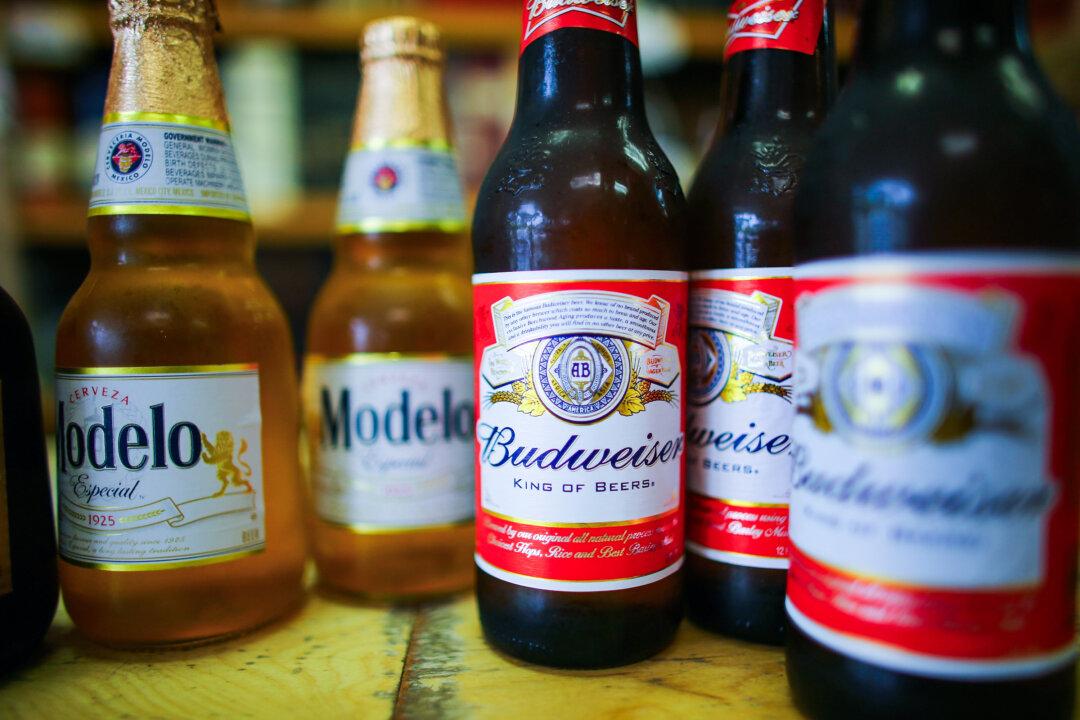A veteran-owned beer brand will be opening up shop in Virginia, heralding a substantial change in the business environment as consumers welcome patriotic brands that focus on delivering the best products for customers instead of advocating an ideology.
Armed Forces Brewing Company is a military tribute beer company that will set up its headquarters and first brewing facility in the city of Norfolk, Virginia, the state’s Republican governor, Glenn Youngkin, announced in a July 7 press release. The new venture will create 47 jobs. The business plans on employing at least 70 percent of its company-wide workforce from U.S. veterans.





